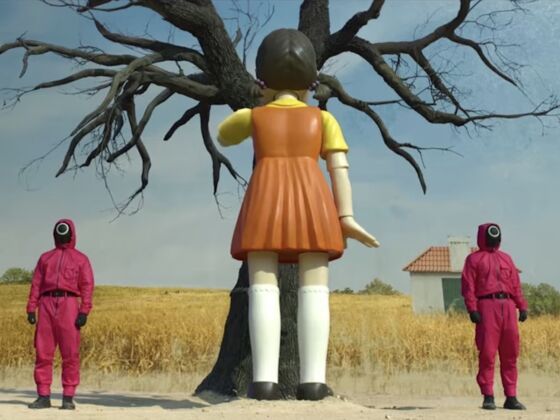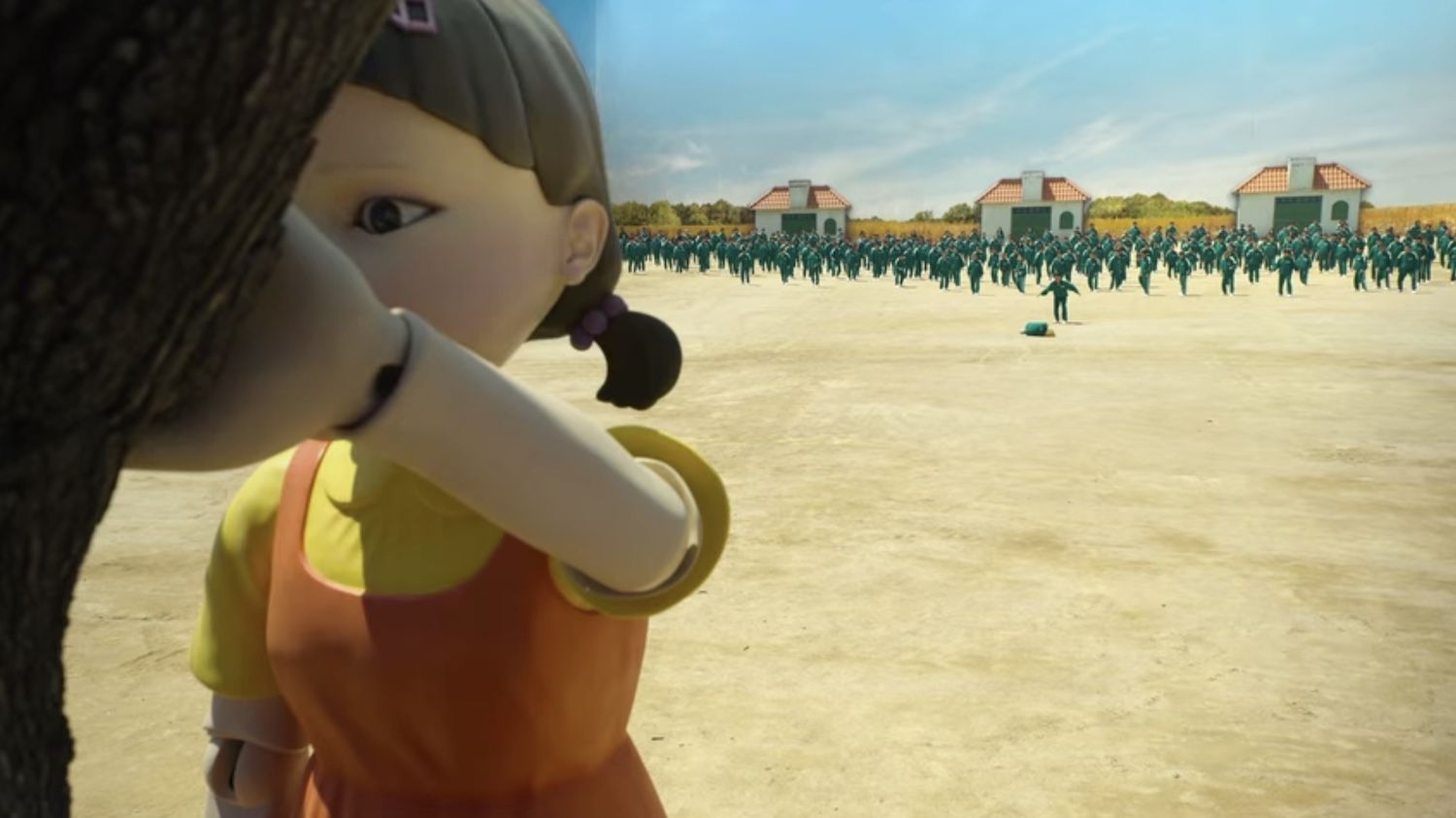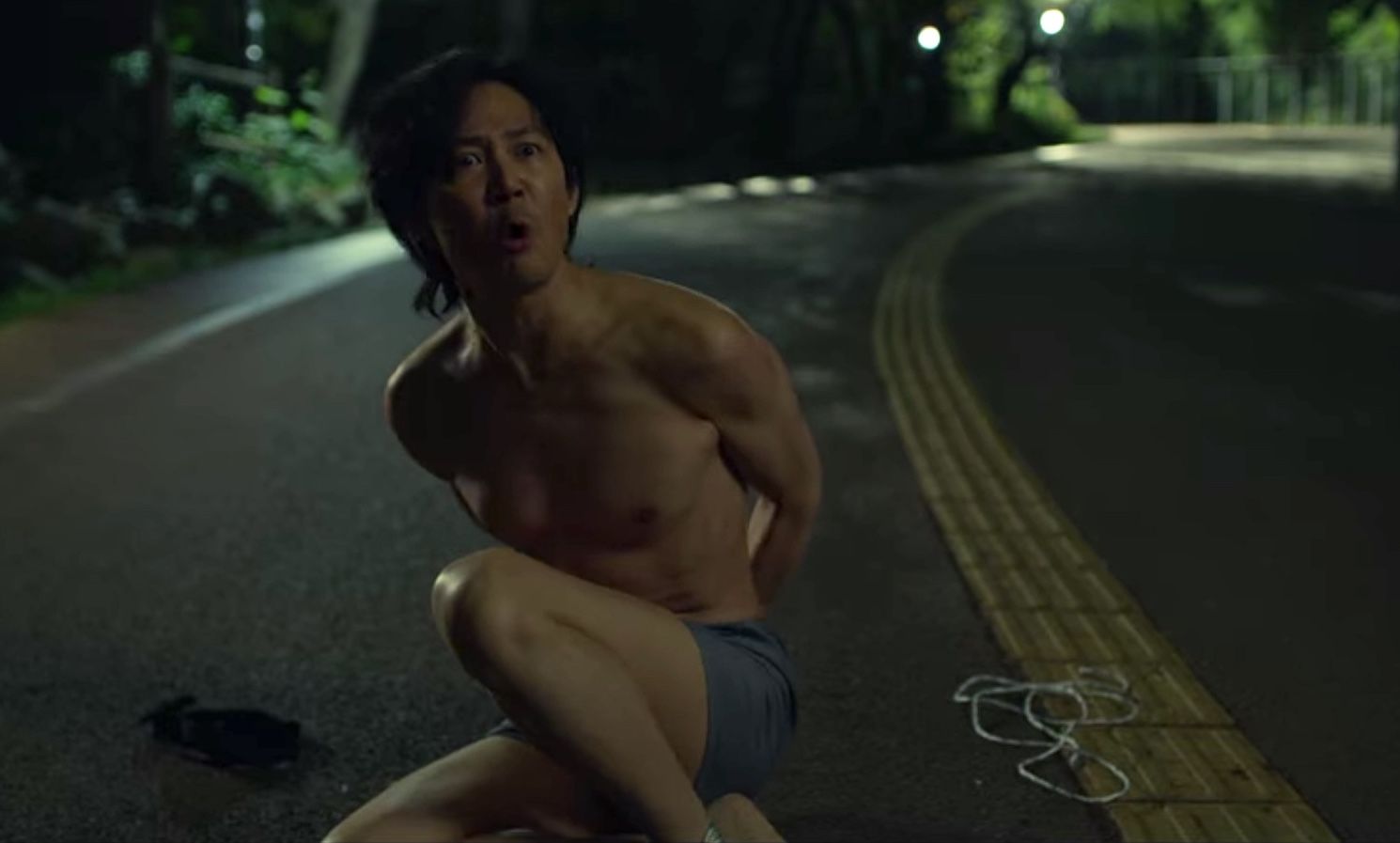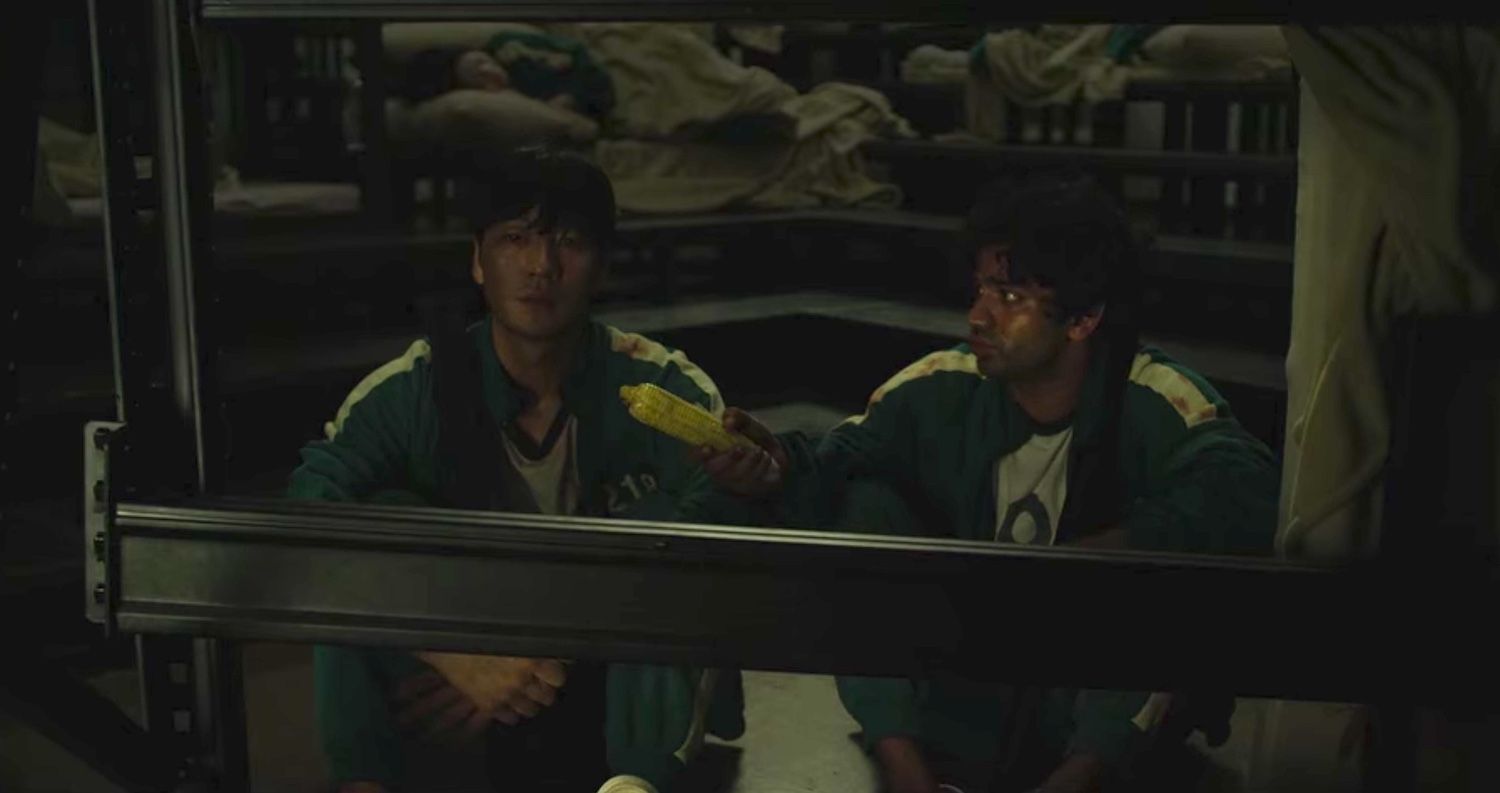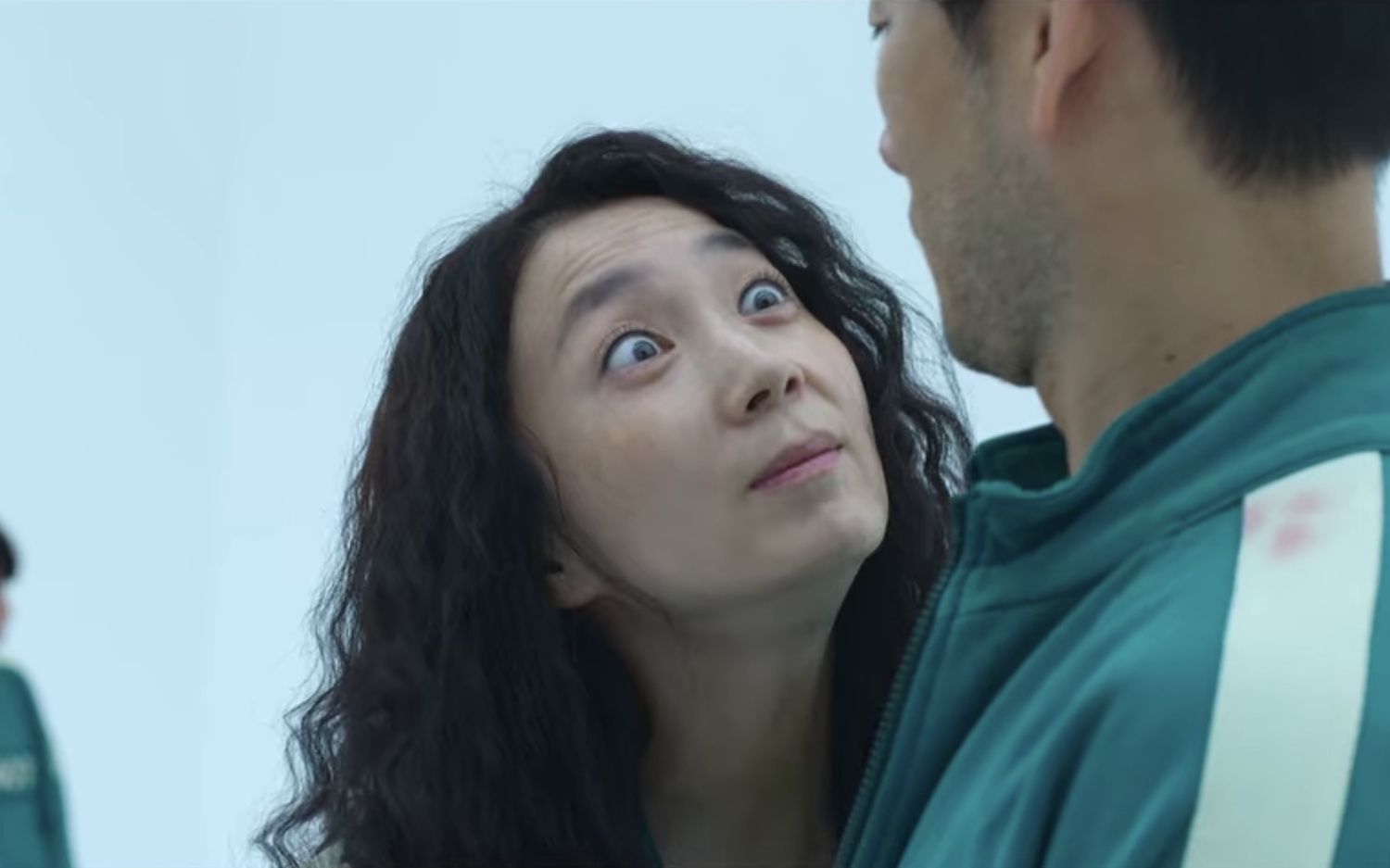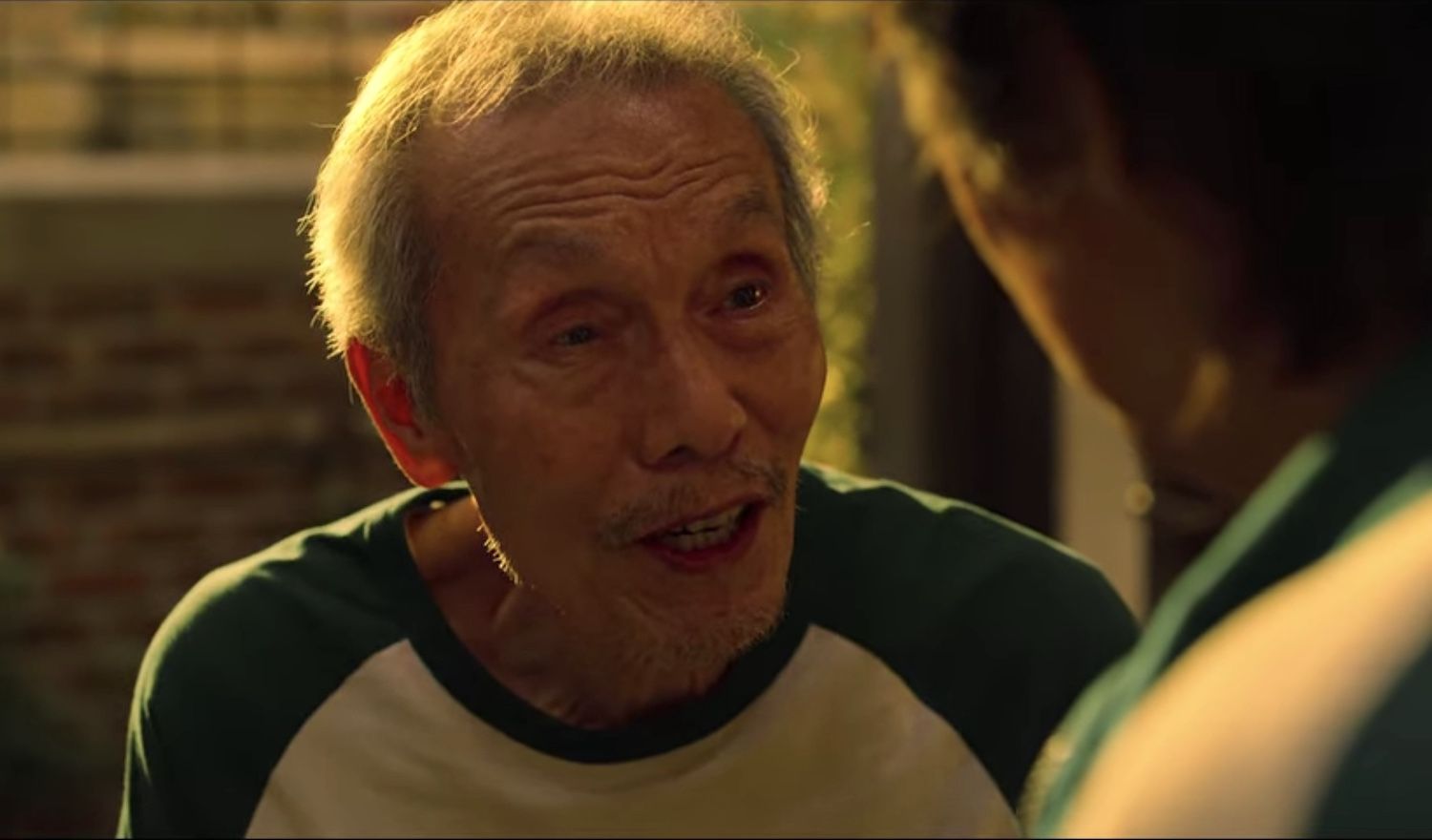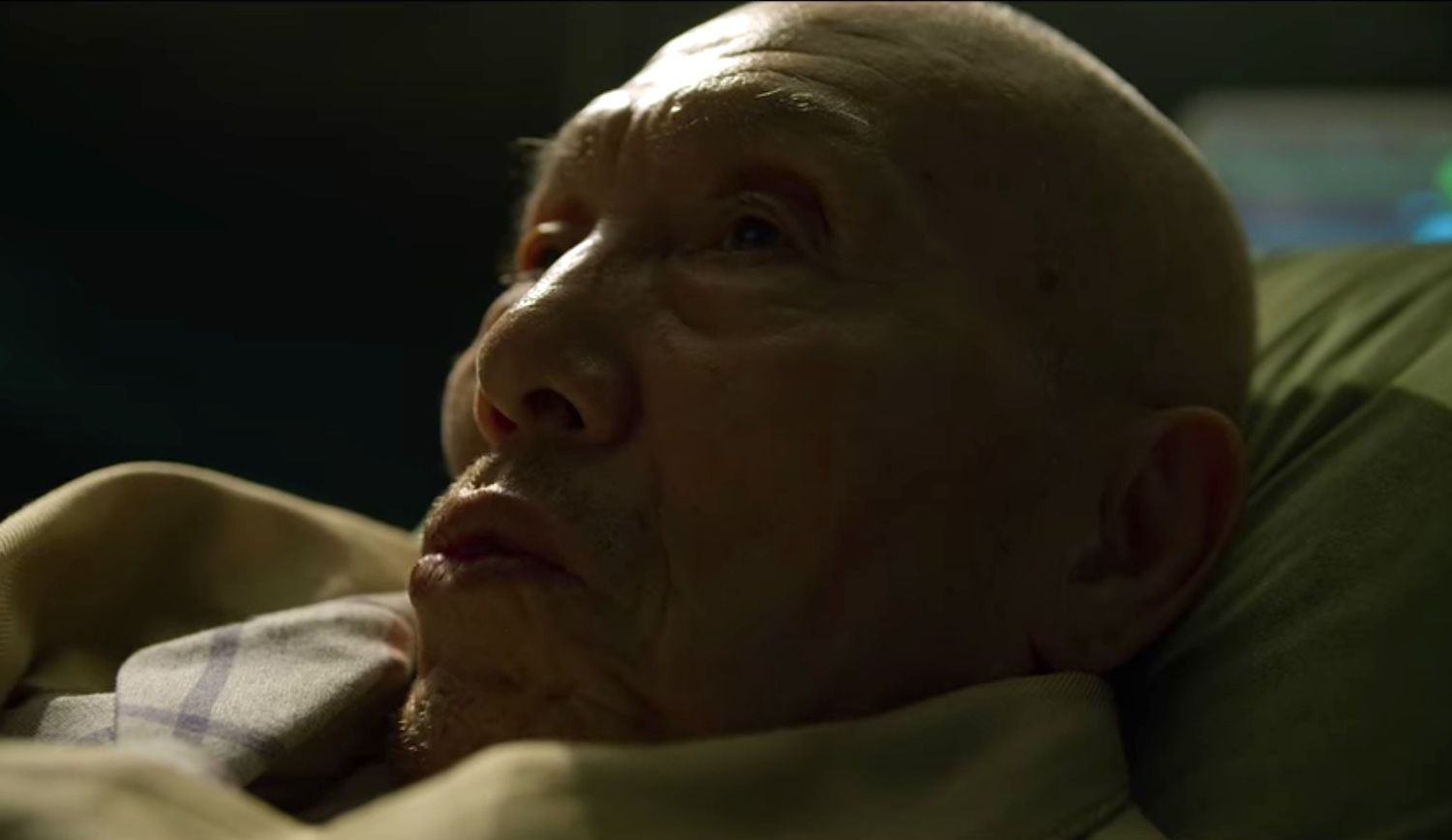This story contains spoilers. If you have not watched “Squid Game”, go do that and then come back.
“Squid Game,” written and produced by Hwang Dong Hyuk, is the South Korean series that everyone and their neighbor is talking about. But while the series has been an immense and unprecedented success, it has also stirred controversy. Many Korean speakers who have watched the series in both Korean and English have been criticizing the translation of the subtitles, going as far as saying that the essence of the series was mostly lost during the process.
